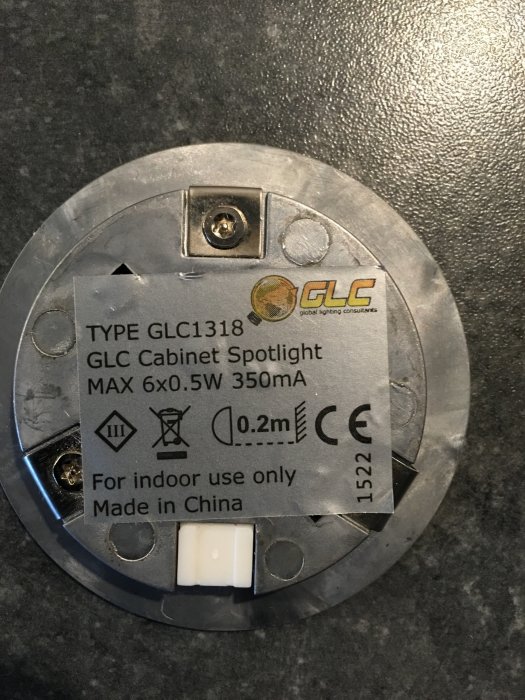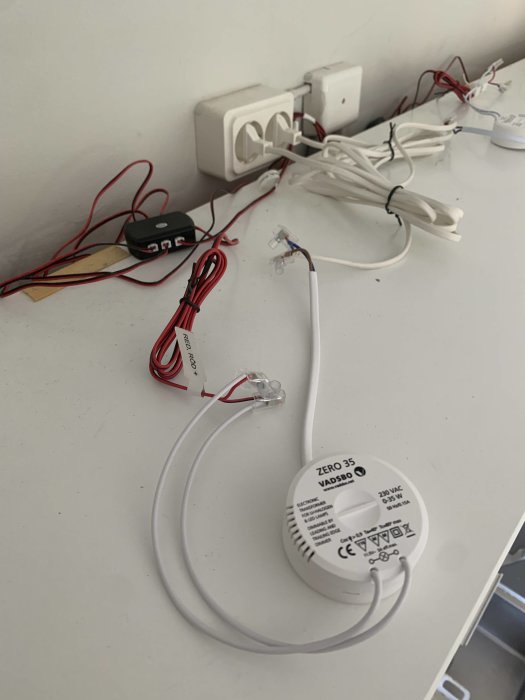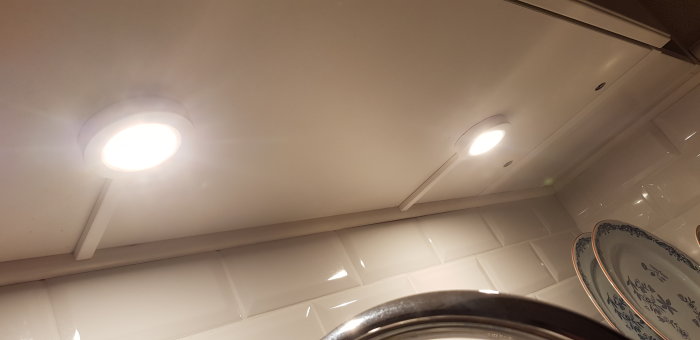
Svarta glödlampor UV LED-lampa med E27-bas, 8 W (60 W ekvivalent), lyser i mörkret svart glödlampa UV-lampa, ultraviolett fluorescerande lila lampa för halloween DJ disco hemmafest scenbelysning : Amazon.se: Bygg, el &

Editbar LED-spotlight med rörelsesensor utomhus-600 LM batteridriven utomhu med sensor-IP65 vattentät superljus säkerhet batteridriven för trädgård-uppfart, terrass ingång : Amazon.se: Bygg, el & verktyg























